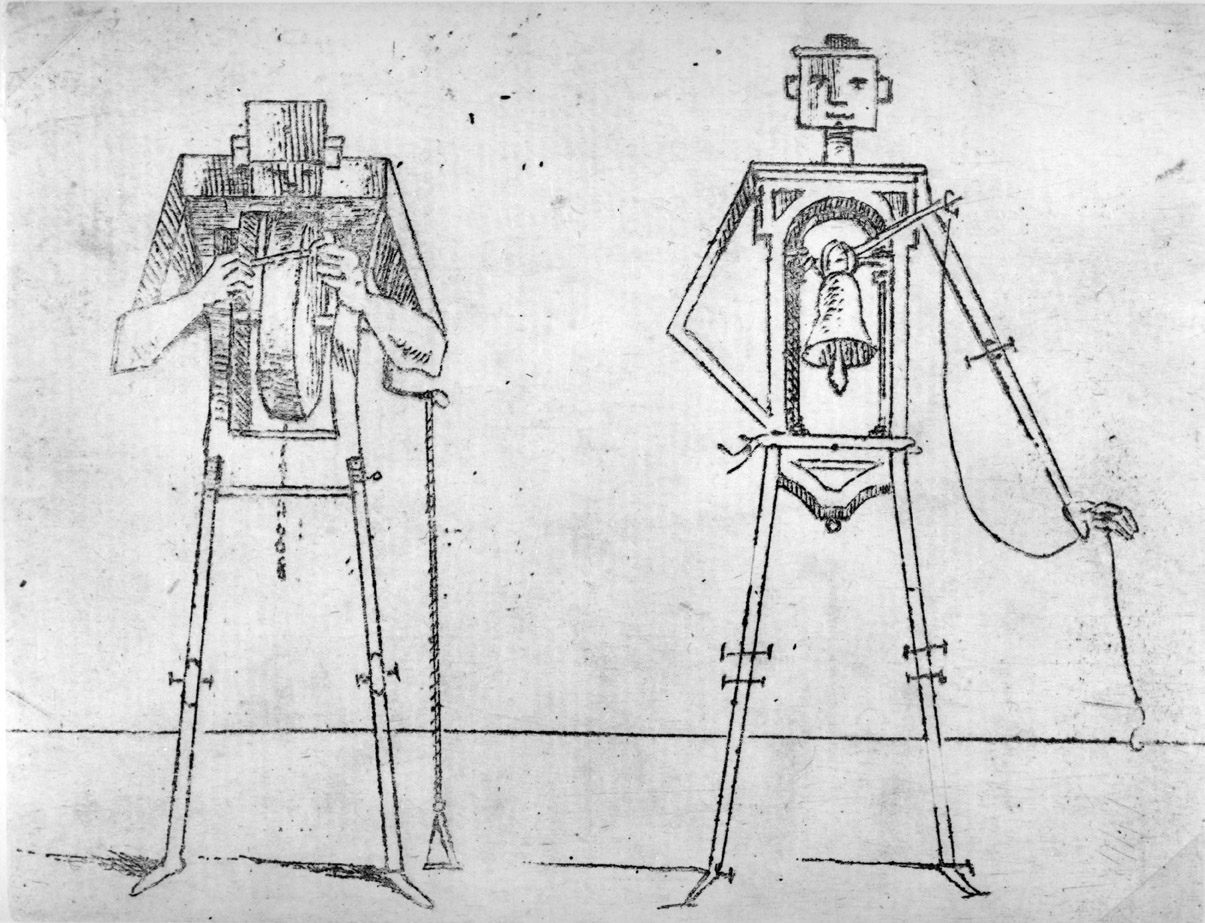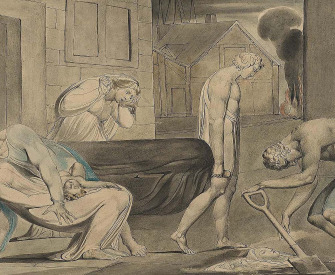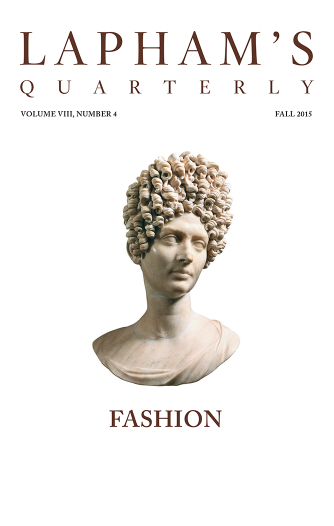Philosophy was silent for a while; then, regaining my attention by her modest reserve, she said, “If I understand the causes of your diseased condition, you are suffering from the absence of your former good fortune. What you regard as a change has greatly upset you. I am well acquainted with the many deceptions of that monster, Fortune. She pretends to be friendly to those she intends to cheat, and disappoints those she unexpectedly leaves with intolerable sorrow. If you will recall her nature and habits, you will be convinced that you had nothing of much value when she was with you and you have not lost anything now that she is gone. But I do not suppose that I have to labor this point with you.
“When Fortune smiled on you, you manfully scorned her and attacked her with principles drawn from my deepest wisdom. But every sudden change of fortune brings with it a certain disquiet in the soul, and this is what has caused you to lose your peace of mind. Now is the time for you to take some gentle and pleasant remedy which may prepare you for stronger medicine. I shall use the sweet persuasion of rhetoric, which is suitable enough if it does not contradict the truths of philosophy, and I shall add the grace of Music, a servant of mine whose songs are sometimes happy and sometimes sad.
“What is it, my friend, that has thrown you into grief and sorrow? Do you think that you have encountered something new and different? You are wrong if you think that Fortune has changed toward you. This is her nature, the way she always behaves. She is changeable, and so in her relations with you, she has merely done what she always does. This is the way she was when she flattered you and led you on with the pleasures of false happiness. You have merely discovered the two-faced nature of this blind goddess. Although she still hides herself from others, she is now wholly known to you. If you like her, abide by her conditions and do not complain. But if you hate her treachery, ignore her and her deceitful antics. Really, the misfortunes which are now such a cause of grief ought to be reasons for tranquility. For now she has deserted you, and no man can ever be secure until he has been forsaken by Fortune.

Bizarre Figures, by Giovanni Battista Bracelli, 1624.
“Do you think that your lost happiness is a precious thing? Can present good fortune be dear to you, even though you know that you may lose it and that the loss will bring sorrow? If you cannot keep her, and if it makes you miserable to lose her, what is fickle Fortune but a promise of future distress? It is not enough to see what is present before our eyes; prudence demands that we look to the future. The double certainty of loss and consequent misery should prevent both the fear of her threats and the desire of her favors. Finally, once you have submitted yourself to her chains, you ought to take calmly whatever she can do to you. If you were to wish for a law to control the comings and goings of one whom you have freely taken for your mistress, you would be unjust and your impatience would merely aggravate a condition which you cannot change. If you hoist your sails in the wind, you will go where the wind blows you, not where you choose to go; if you put seeds in the ground, you must be prepared for lean as well as abundant years.
“You have put yourself in Fortune’s power; now you must be content with the ways of your mistress. If you try to stop the force of her turning wheel, you are the most foolish man alive. If it should stop turning, it would cease to be Fortune’s wheel.
©2010 by W. W. Norton & Company, Inc. Used with permission W. W. Norton & Company, Inc.
From The Consolation of Philosophy. Appointed head of all the government and court services in 520 by the Ostrogothic king Theodoric, Boethius was accused of treason and incarcerated two years later. While awaiting execution, he wrote The Consolation, a personal and philosophical meditation, which Edward Gibbon called, “not unworthy of the leisure of Plato.” Having translated writings by Aristotle and Porphyry into Latin, Boethius later served as a vital source of Greek thought in the Middle Ages.
Back to Issue






